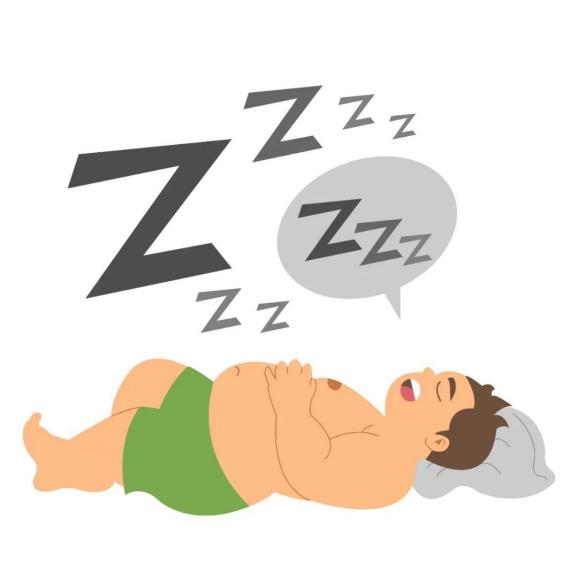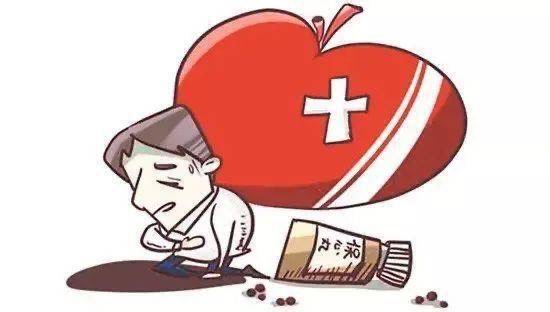Coronary heart disease, like a "dirty tornado" of the heart, once attacked, but your heart to hold hands and feet. So, let's unravel the mystery of this "tornado" and see how to defend your precious heart.
First of all, let's make it clear that coronary heart disease is not some weird ice cream flavour, but rather a problem with the heart's blood vessels. These ducts act as the heart's couriers, delivering oxygen and nutrients to the heart. When these ducts become narrowed or blocked, your heart is starved of oxygen and "starvation", and that's when coronary heart disease occurs.
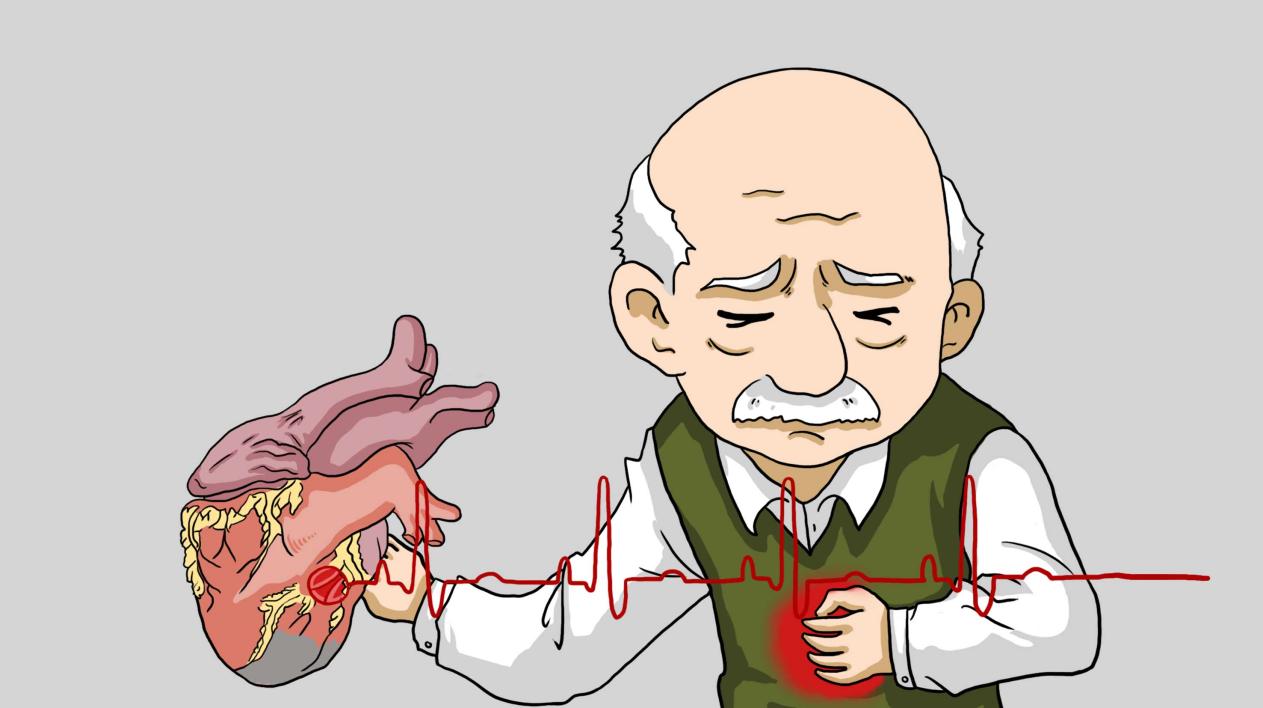
The development of coronary heart disease is closely related to several risk factors, so let's take a look at some of these "troublemakers". The main cause of coronary heart disease is atherosclerosis, a problem of fatty plaques on the inner walls of blood vessels. The development of coronary heart disease is closely related to several risk factors, let's take a look at them together:
Firstly, high blood pressure is a big problem because it can damage blood vessels and increase the likelihood of atherosclerosis. Next, high cholesterol is also a risk factor because it can lead to a build-up of fat in the blood vessels, like a blocked water pipe. Smoking is also dangerous, as the chemicals in tobacco act as spray "graffiti" on the inner walls of blood vessels, encouraging the formation of fatty plaques. Finally, obesity is also a risk factor, which is like putting extra "pack weight" on your heart, leading to high blood pressure, high cholesterol, and diabetes, among other problems, all of which are associated with coronary heart disease.
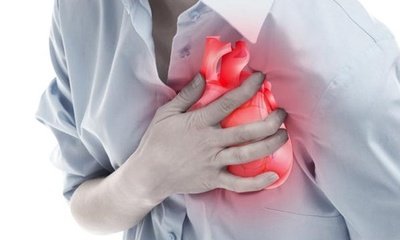
Symptoms of coronary heart disease vary from individual to individual, and the common symptoms are: firstly, the most common symptom is chest pain, often described as discomfort, pressure or sharp pain in the chest, which sometimes spreads to the neck, jaw, shoulders, back or arms. Secondly, there may be difficulty in breathing and you may feel short of breath or shortness of breath. Additionally, a noticeable symptom is persistent fatigue, where you may feel extremely tired even if there is no apparent cause. This may also be accompanied by heart palpitations, where you may feel your heart beating fast or irregularly. These symptoms may indicate the presence of coronary heart disease, and early medical attention should be sought.
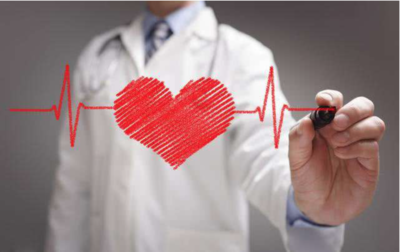
The treatment of coronary heart disease includes, firstly, medication, which involves taking medication to lower cholesterol, control high blood pressure, manage diabetes, etc., to relieve symptoms and reduce the risk of progression of the disease. Second, interventional treatments, involve the use of special tools such as coronary balloon dilatation and stenting in a "delivery tube" to help restore blood flow to the heart, allowing it to receive more oxygen and nutrients. In some severe cases, coronary artery bypass surgery may be needed, which is like creating a "highway" for your heart to improve blood flow by bypassing narrowed coronary arteries.
Coronary heart disease may be serious, but you can prevent it healthily, just like guarding your castle. In the meantime, if you are at risk for coronary heart disease or experiencing symptoms, remember to seek early medical attention to protect your precious heart health. After all, the heart is the commander of our body and deserves to be pampered and protected in the best way possible.

